Our Centre has following main objectives
- Identification of genes and risk factors for various complex diseases including but not restrictive to neurodegenerative diseases (Parkinson disease, frontotemporal dementia, amytrophic lateral sclerosis), cancer and diabetes using genome wide approaches such as genome wide association studies (GWAS), exome and whole genome sequencing in familial and sporadic patients.
- To understand the cross-talk between different complex diseases, and
- the identification of enriched cohorts for therapeutic intervention to provide better health care using support vector machine (SVM) approaches.
- The development of software tools to analyze next generation data to understand the disease mechanism.
The multidisciplinary approach, as envisioned in the CGE, will provide a comprehensive “genome- map” for better understanding the disease mechanism. This will help to generate physiologically relevant models, and promote the development of novel therapeutics to better treat and ultimately halt disease onset and progression.














